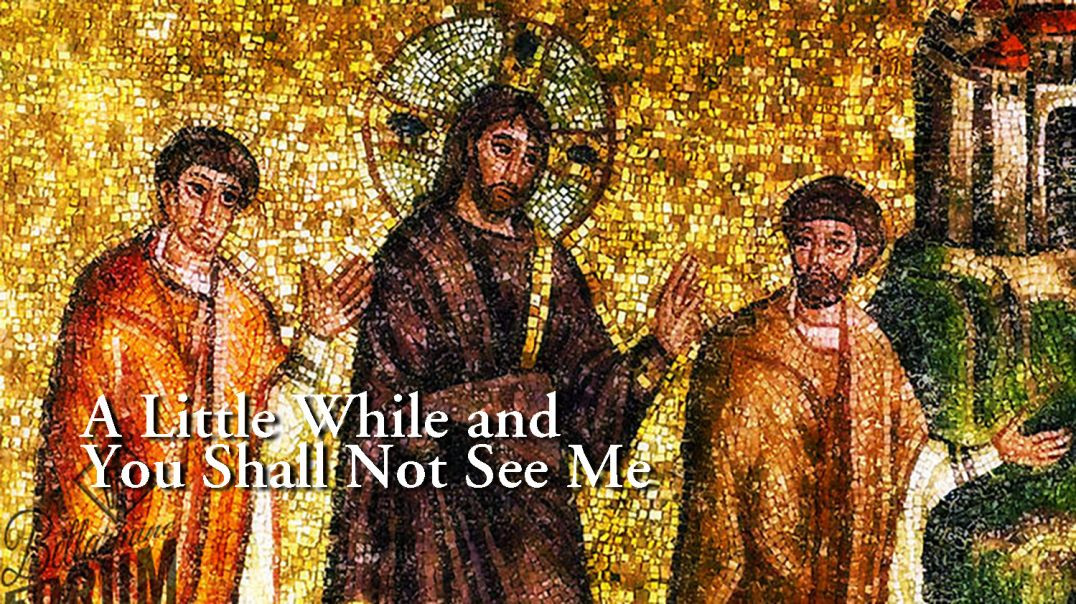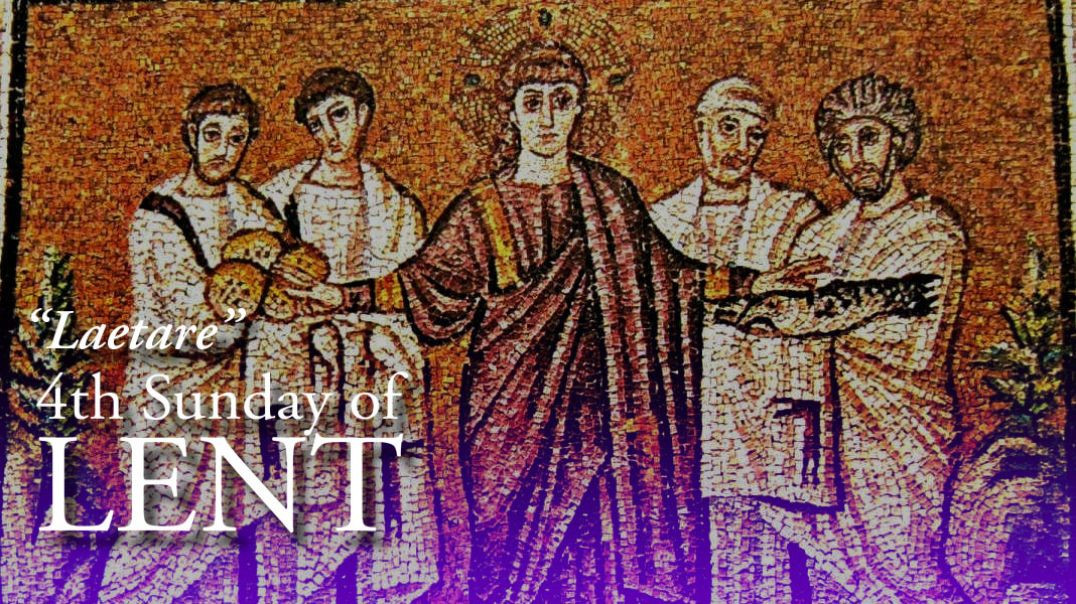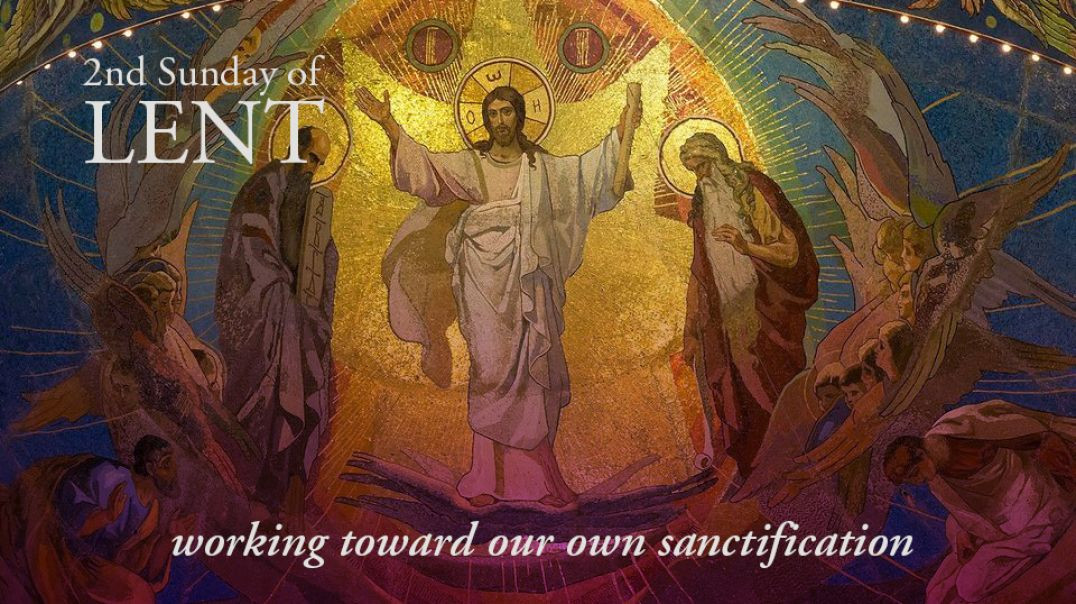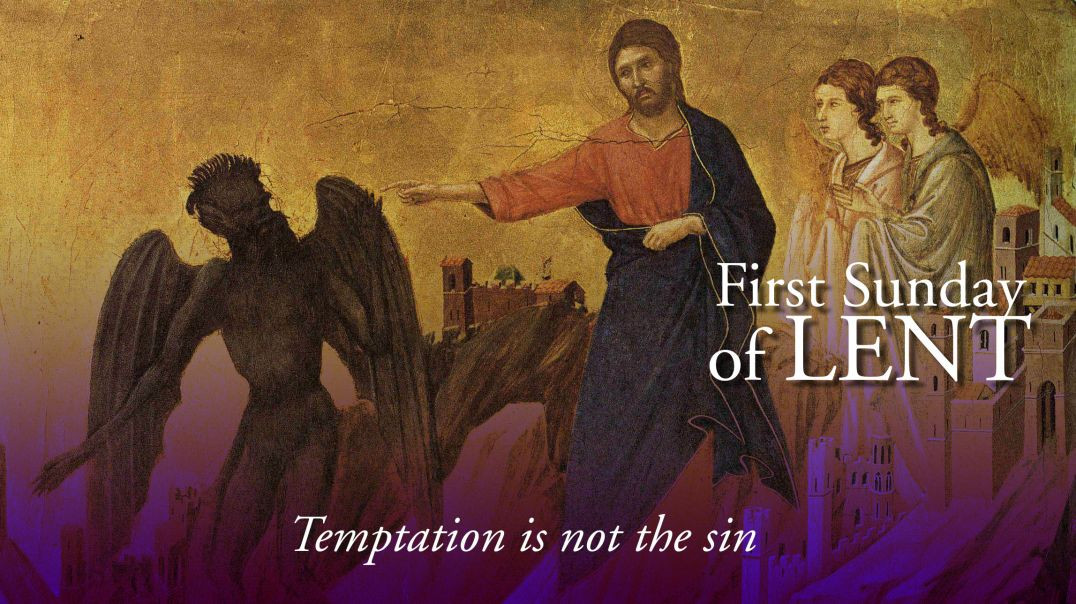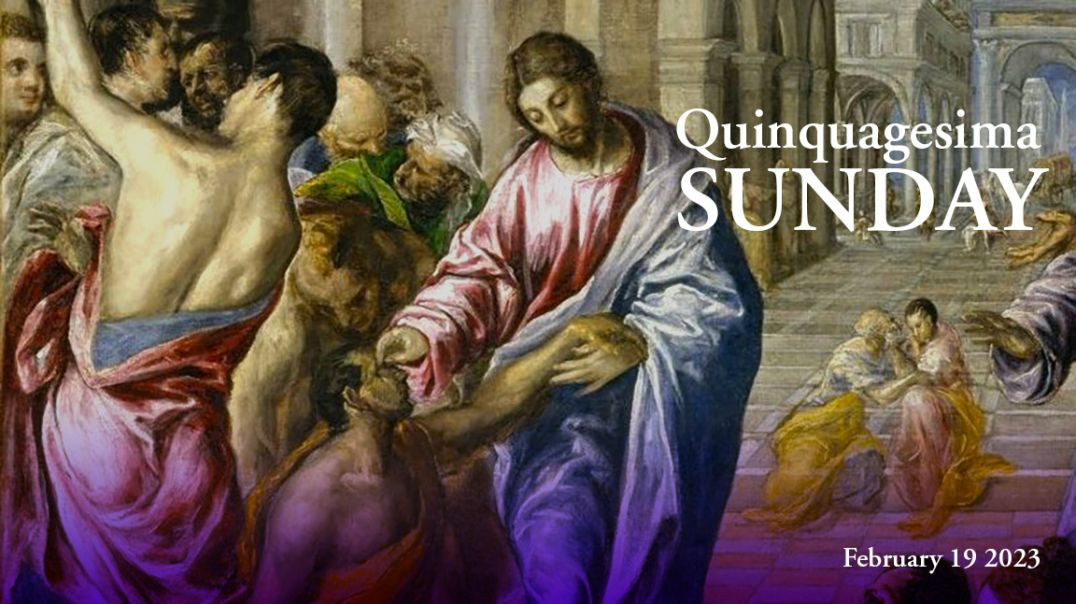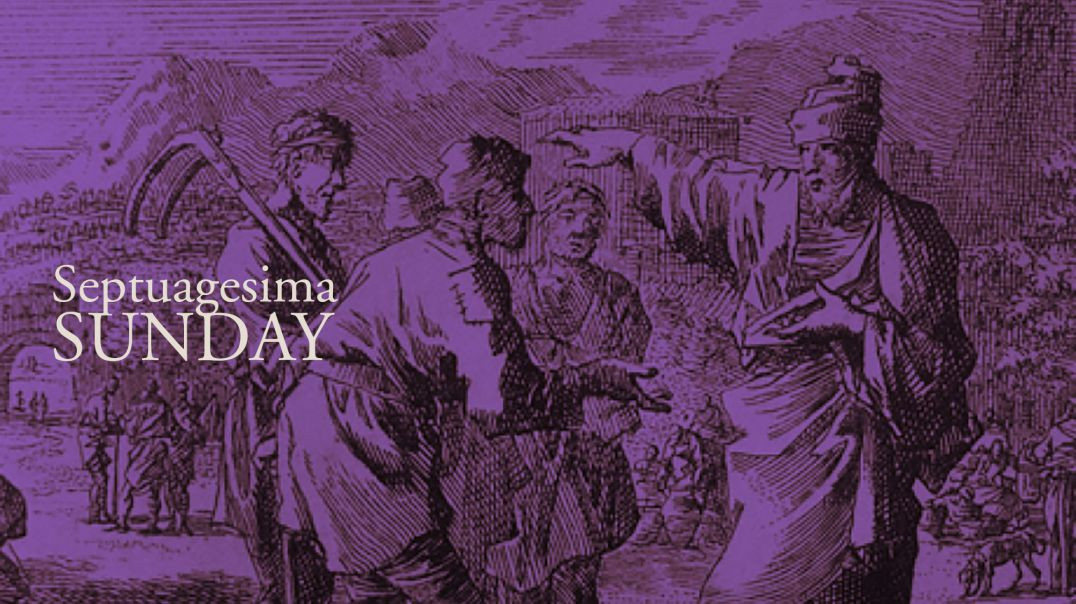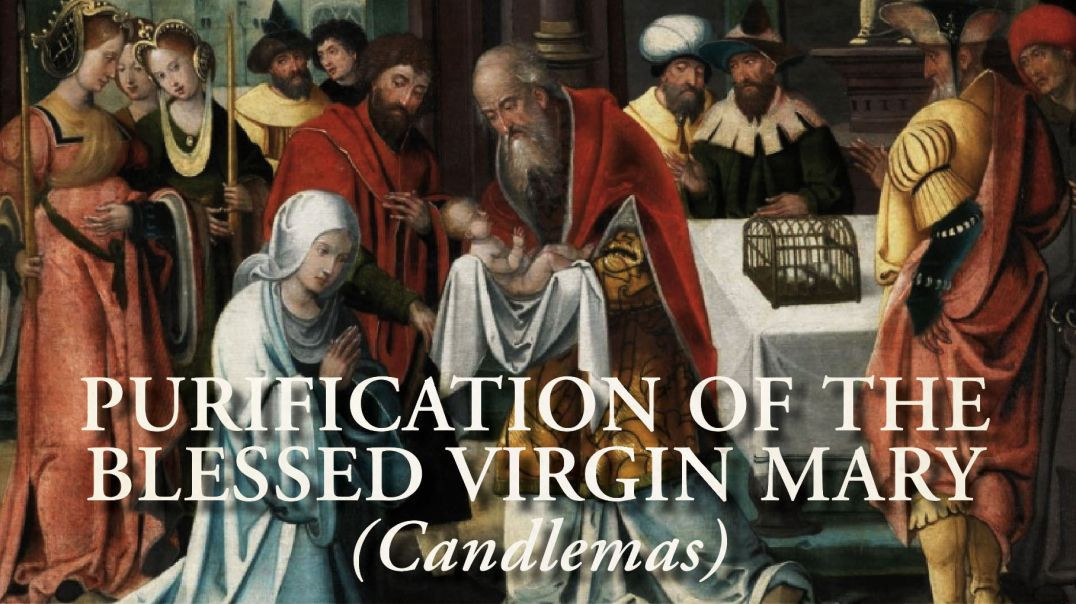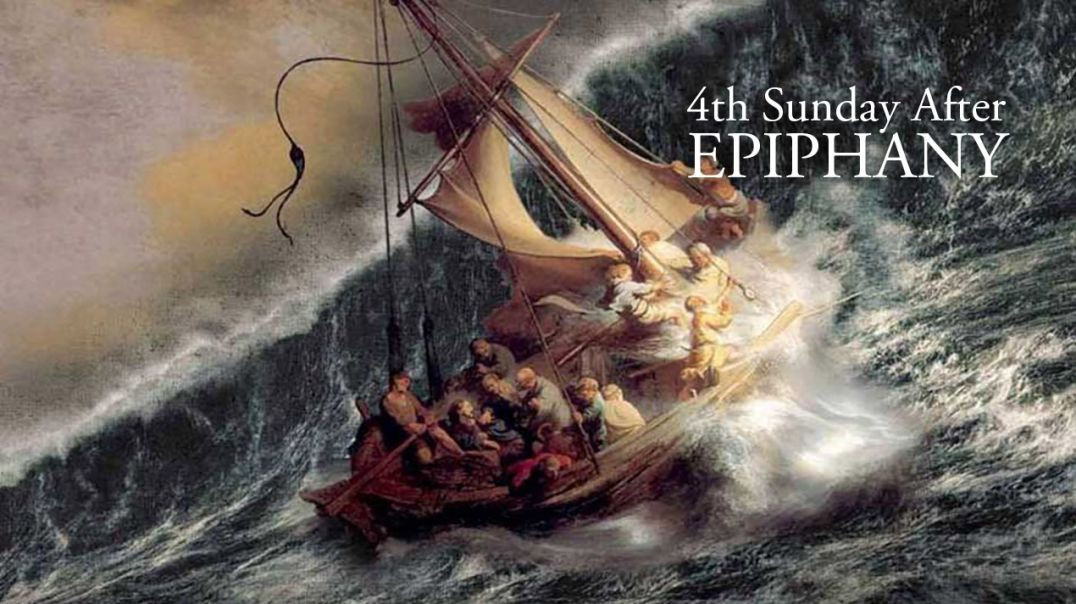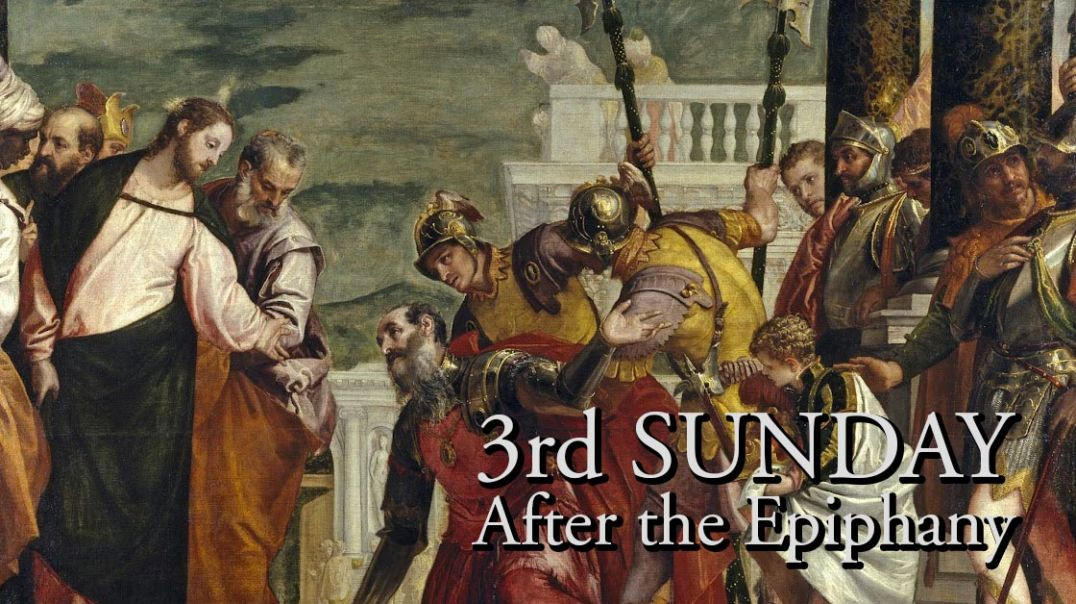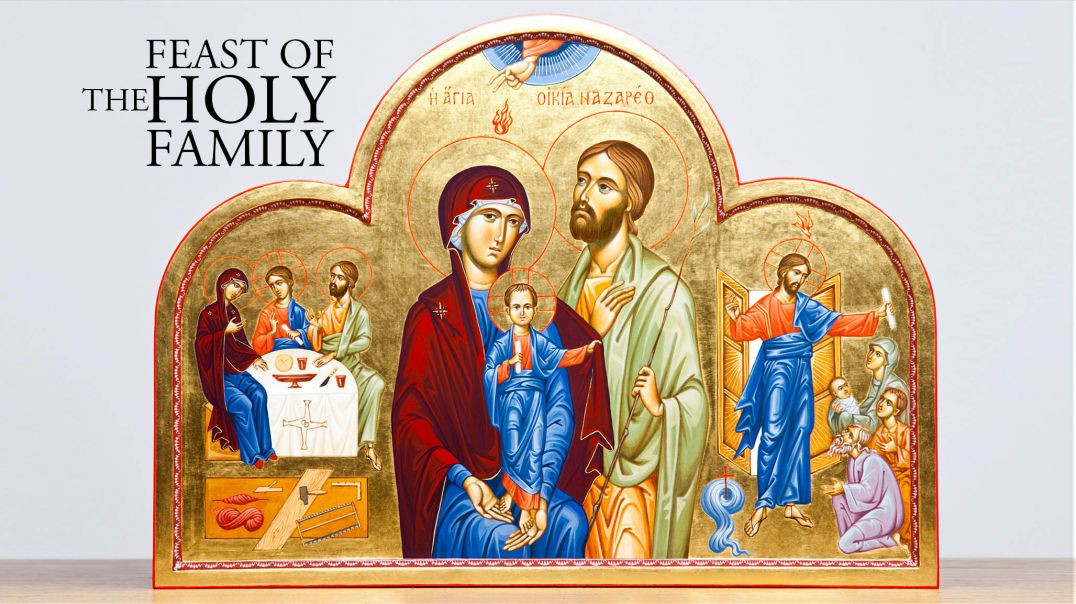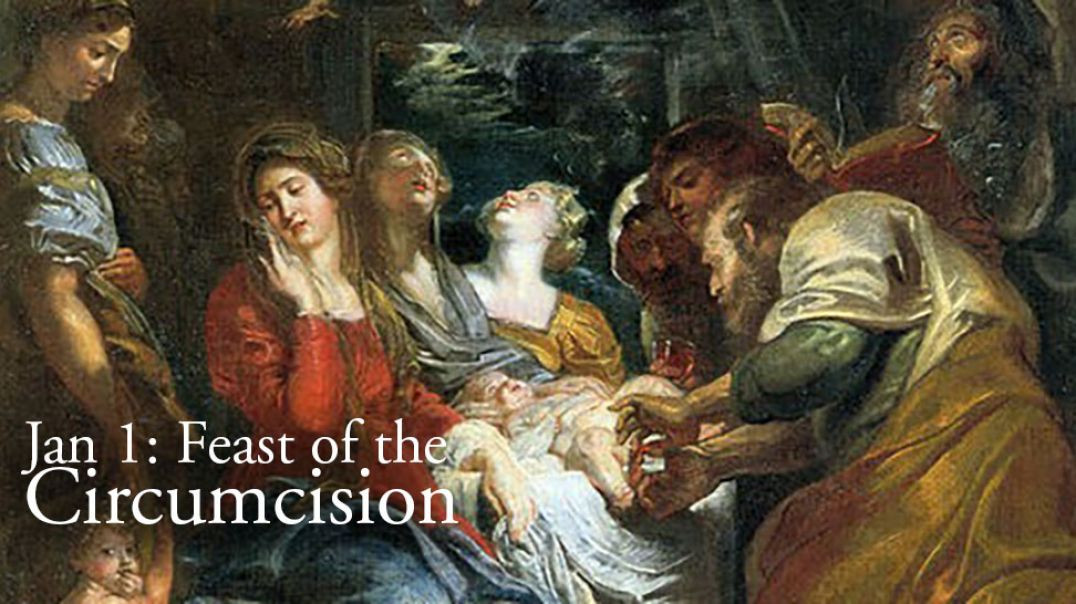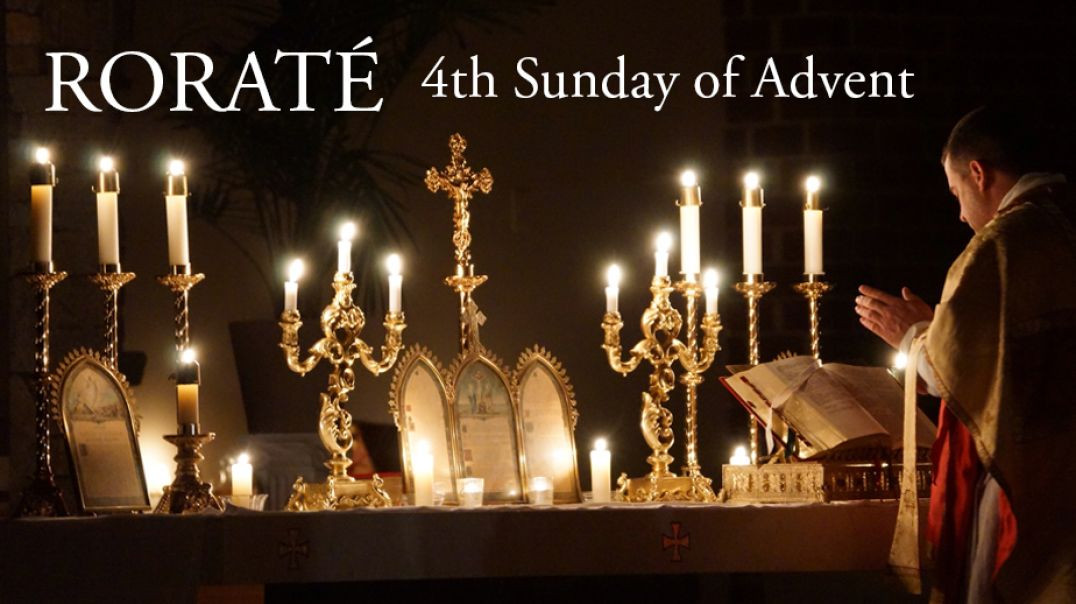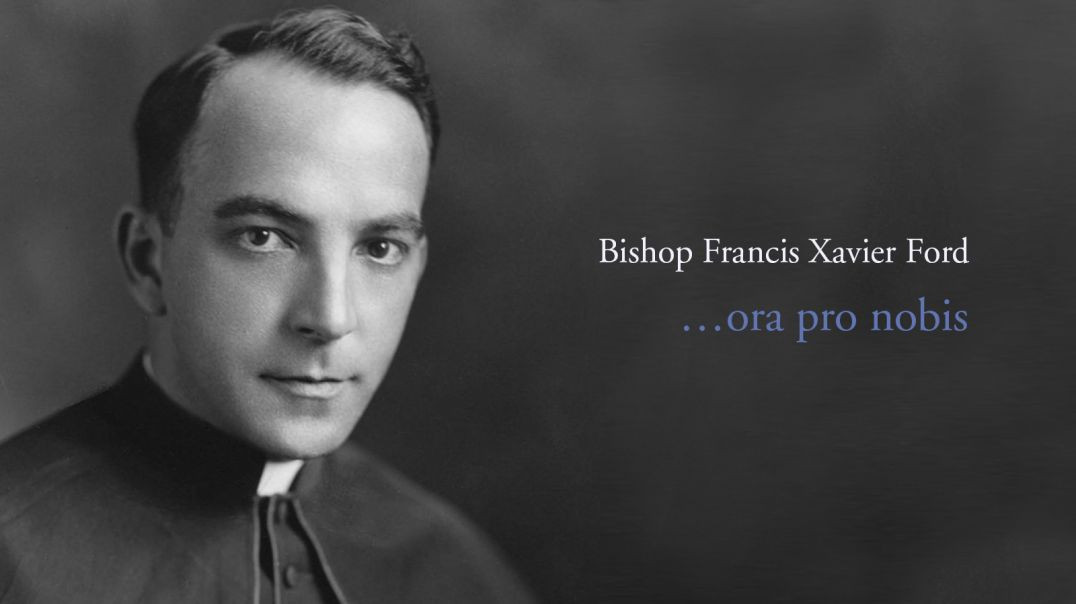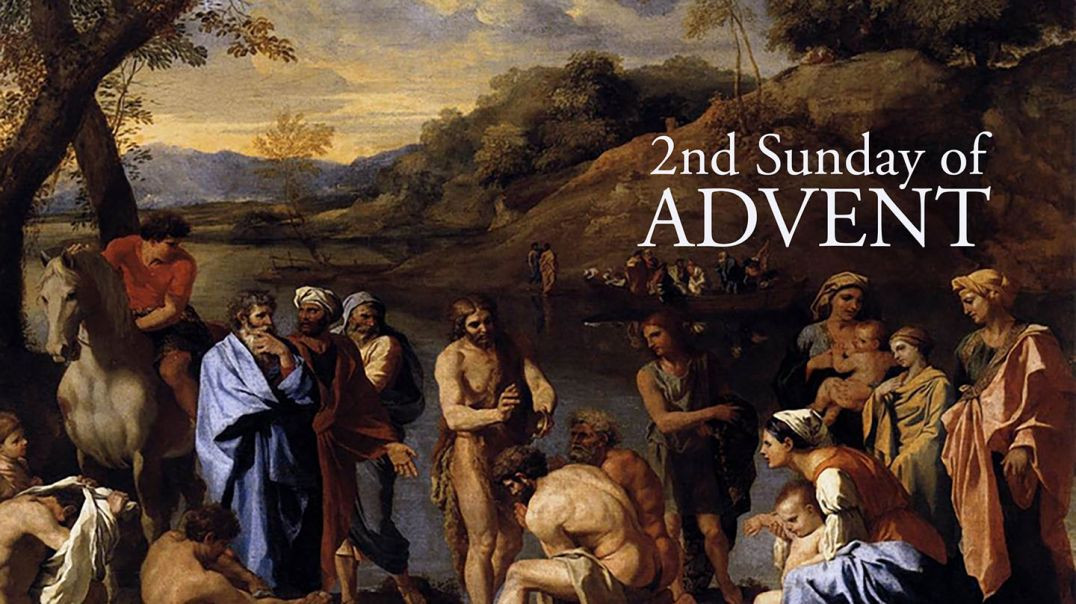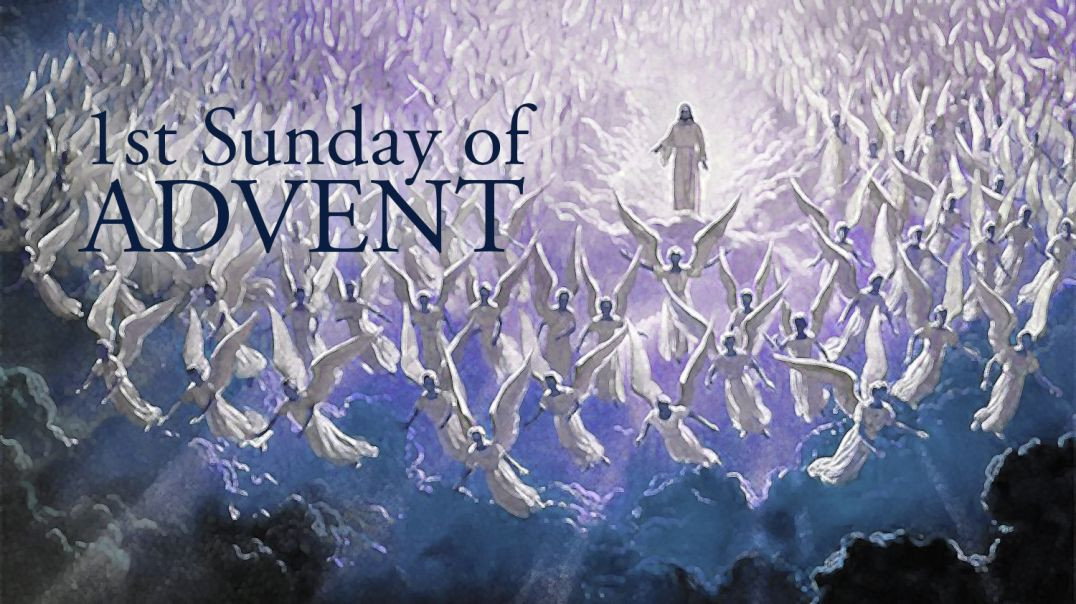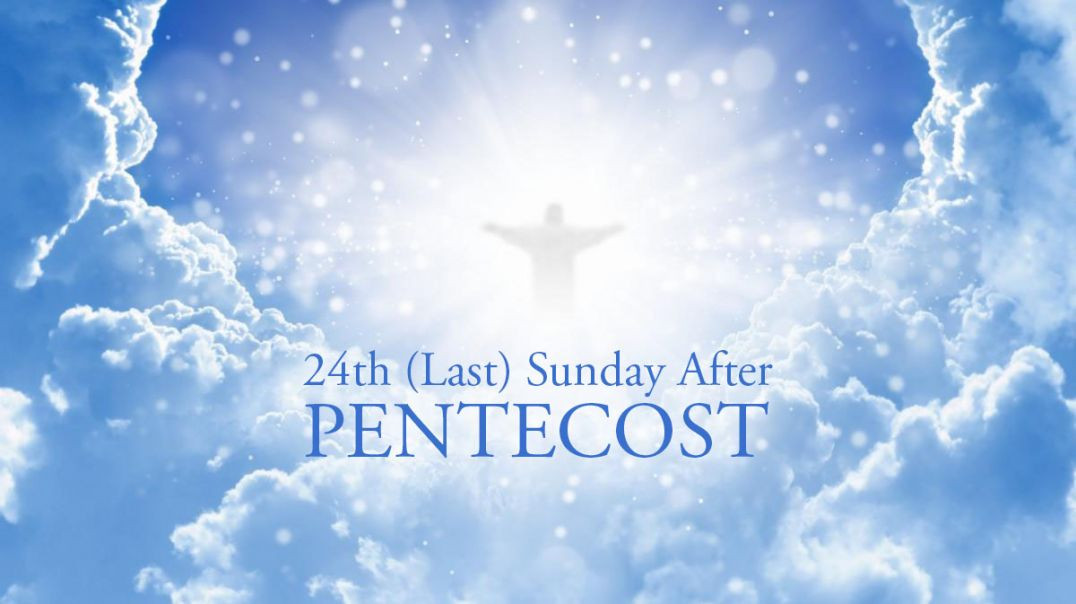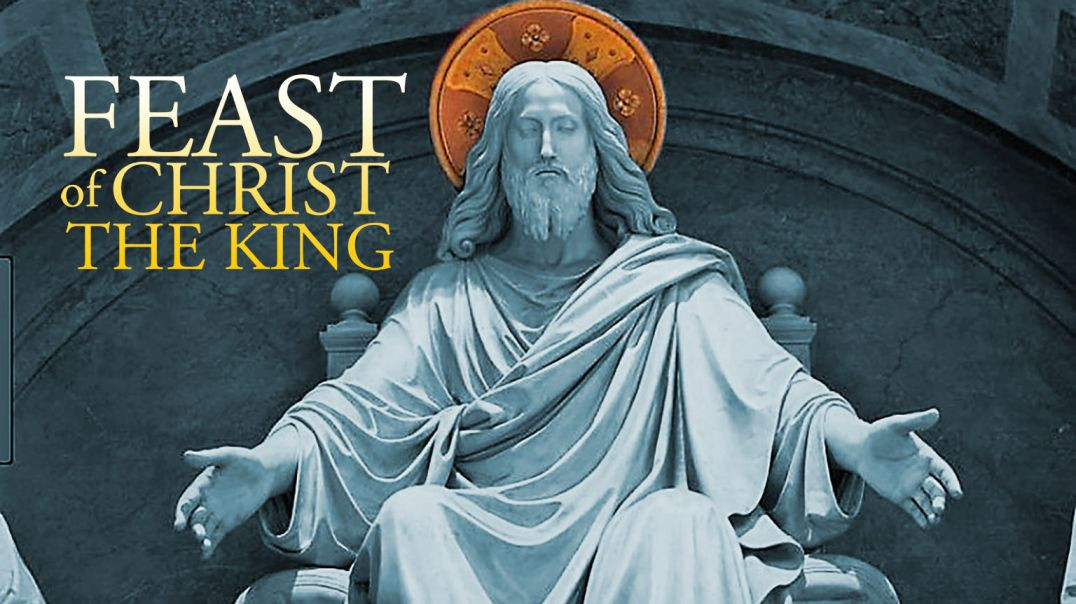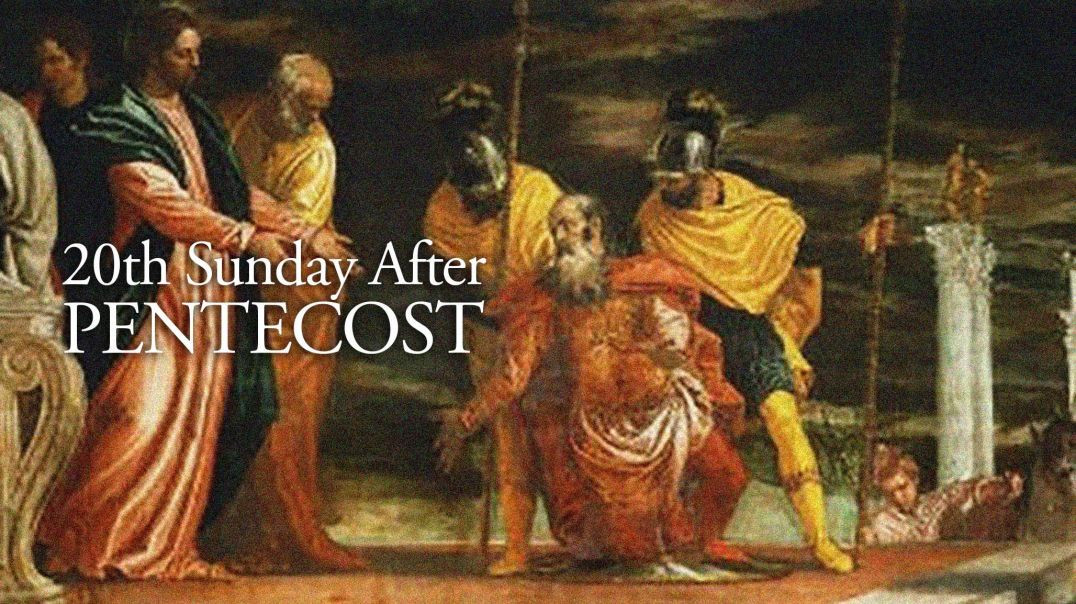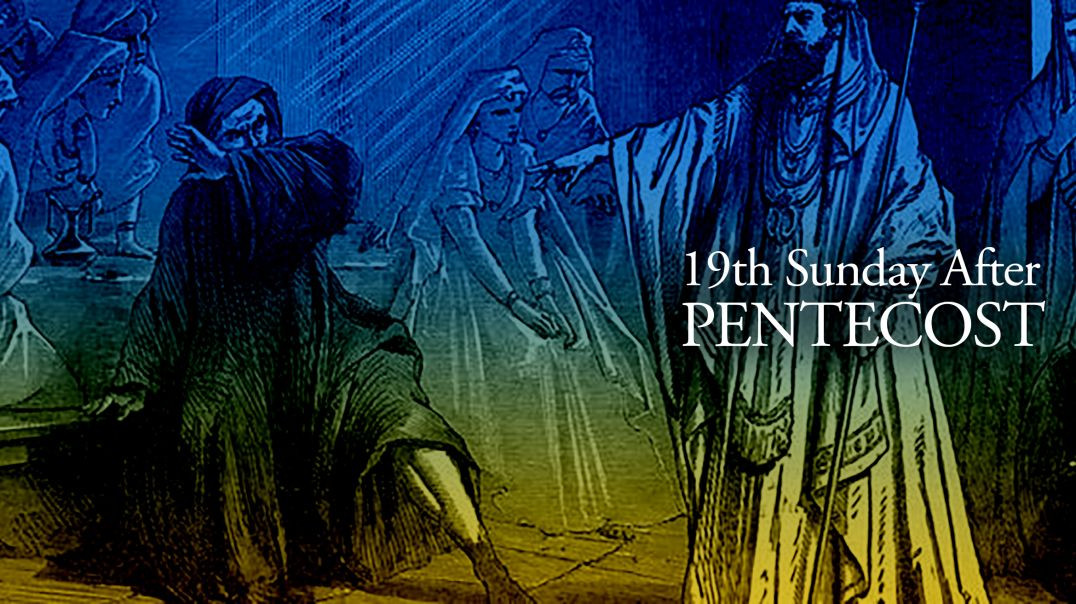Latest videos
3rd Sunday After Easter
20230430
2023319
2nd Sunday of Lent - 20230228
1st Sunday of Lent – 20230228
20230219
20230206
20230202
20230129
20230122
20230108
20230101
March 25, 2023
Our Lady of the Lake Catholic Church
Chapin SC
20221218
Bishop Ford was born in Brooklyn, New York on January 11, 1892 to Austin and Elizabeth Rellihan Ford. He was named after St. Francis Xavier because his father had been very inspired by the story of this great Saint. He was the sixth of eight children. He had a happy and lively childhood with his brothers and sisters.
In 1904, when he was twelve years old, a missionary priest spoke at his church to help get donations for a leper colony in China. This priest had an impact on young Francis Ford. He wrote about it in a letter from Yeungkong fifteen years later during his first mission assignment. Bishop Ford wrote: “He was Father Conrardy, a fiery enthusiast. And his subject was his life’s work among the lepers. He gloried in his love for them and flung the challenge in our face to show our Catholicity by helping him build a home for them. It seemed harder for him to beg for money than to do the disgusting work of nursing slowly rotting Chinese men and women, but he travelled Europe and America for funds. With a generous impulse, I put a nickel in the basket, five times my usual sum, and the rest of the Mass was spent in repeating to myself Father Conrardy’s last words: ‘My one ambition is to become a martyr.’” I would say that this encounter guided him to his vocation.
In 1912, Francis Xavier Ford became Maryknoll’s first applicant. In 1917, he became a missionary priest there and was tasked to go with three other priests to bring the Gospel to China and arrived there near Christmas of 1918. It was a difficult start for them. They were labeled as “foreign devils” and spies. They persevered by adhering to their mission to bring Jesus Christ to the Chinese people and helping them in their hardships. In 1925 he was appointed director of a territory in Kaying where he brought Christ to the Hakka people. He soon began to train men there for the priesthood and established a seminary for the task. Within fifteen years, the number of Hakka Christians grew from four to twenty three thousand. He became Bishop of the region in 1935. Through this time and World War Two, Bishop Ford served and helped the Hakka through the troubles of warlords, pirates and wars.
By 1949, the Communists had taken over in China. Bishop Ford knew that this was the time that his people would need him most. All the Bishops in China had decided to stay until they were forcibly expelled. At Christmas of 1949, there was a record number of the faithful at Mass. They could tell that the existence of their church was in peril.
Three days before Christmas in 1950, Bishop Ford and his secretary, Sister Joan Marie were placed under house arrest and accused of being foreign agents. The persecution of Christians had increased exponentially. They were subjected to interrogation and brainwashing. After four months they were sent to court in Kaying under an escort of thirty soldiers. During their journey, they were tortured beaten and humiliated repeatedly. They were unjustly found guilty of espionage a sentenced to prison in Canton. On the journey there, they suffered more humiliation and beatings.
During the journey, Bishop Ford whispered to Sister Joan Marie: “We are going to prison in honor of Christ, Sister, and it is no disgrace.” These were the last words she heard from her Bishop. At the prison, they were separated. She only saw him twice more through cracks in the walls and gates of the prison. He was very thin and his hair had turned white and he could hardly walk. On August 16,1952, Sister Joan was informed that Bishop Ford had died on February 21st. Soon after, she was shown the Bishop’s grave. She was soon after released int Hong Kong. The grave site became a pilgrimage site for several years until it was destroyed and bulldozed over.
Bishop Ford had written a prayer some years before; “Grant us, Lord to be the doorstep by which the multitudes may come to worship you. And if in the saving of their souls, we are ground underfoot and spat upon and worn out, at least we will have served you in some small way in helping pagan souls: we shall have become the King’s Highway in pathless China.”
20221204
20221127
20221120
20221030
20221023
20221016


